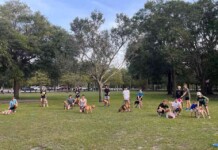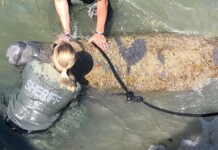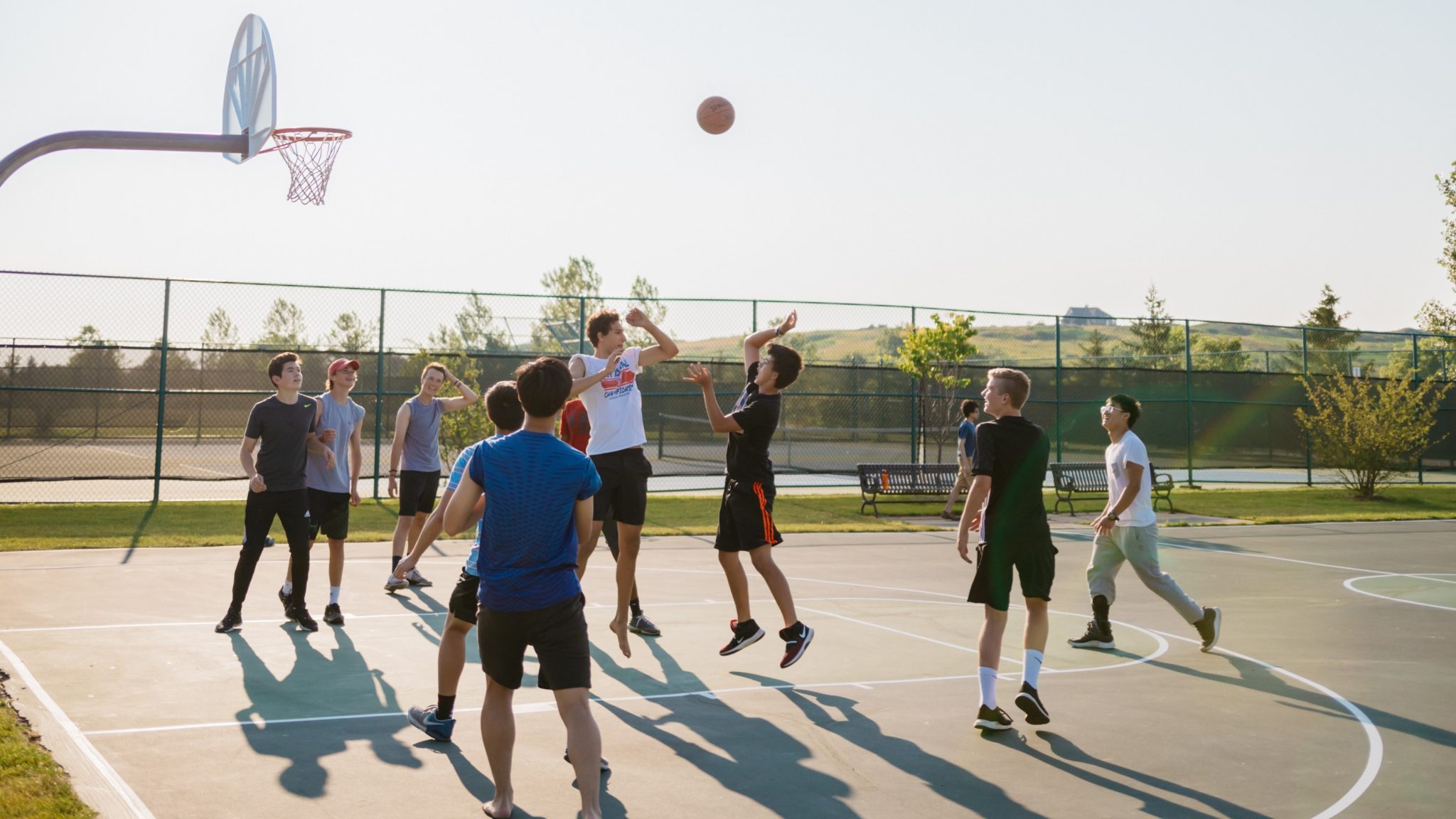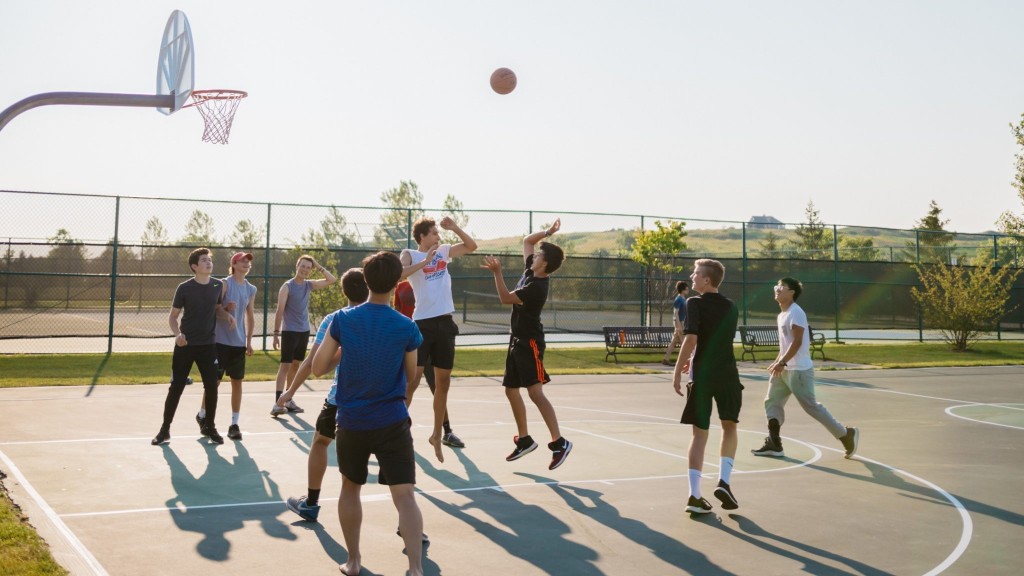
A new study found that having an active sporting hobby offset stress and contributed to academic competence even during the COVID-19 lockdowns.
The effect was calculated during the so-called two weeks to flatten the curve, and the researchers believe the observed effect was robust enough to be applicable in future periods of societal disruption.
Researchers at the University of Waterloo found that participation in activities such as fitness classes and drop-in sports before the pandemic was linked to lower levels of stress and higher levels of perceived competence to handle challenges and master school workload during the lockdown.
The study used factor and regression analyses based on self-reported responses from 116 students active in campus recreational sports at two-time points: January 2020, before the pandemic, and April 2020, after lockdowns.
“Our findings suggest that the impact of campus recreational activities on reducing stress went beyond the obvious physical health benefits and contributed to overall well-being even down the line,” said Steven Mock, a researcher in the department of Recreation and Leisure Studies.
“It’s possible that students who had learned how to deal with challenges and losses in the context of sport and recreational activity developed key skills such as adaptability that helped them manage with pandemic-related setbacks.”
MORE ON KIDS’ HEALTH: Adventurous Play Helps Boosts Children’s Mental Health, Research Says
At the beginning of winter 2020, stress levels for students were generally low. Managing academic demands, building new relationships, and trying to achieve personal goals were the top three stressors at that time.
“Students had just come back from the holiday break, their academic workload was still low, and they were not anticipating any societal disruption such as COVID-19,” said co-author Narges Abdeahad, a former Ph.D. candidate in the department of Recreation and Leisure Studies.
By April 2020, after lockdowns had begun, the overall level of stress had increased to above the midpoint, and the top stressors had changed to online delivery of quizzes and exams, the influence of the pandemic on their lives, and managing academic demands.
“We also found that graduate students and, even more so, international students had very low participation in campus recreational sports pre-pandemic, which has wellness implications for these two groups of students,” said Abdeahad.
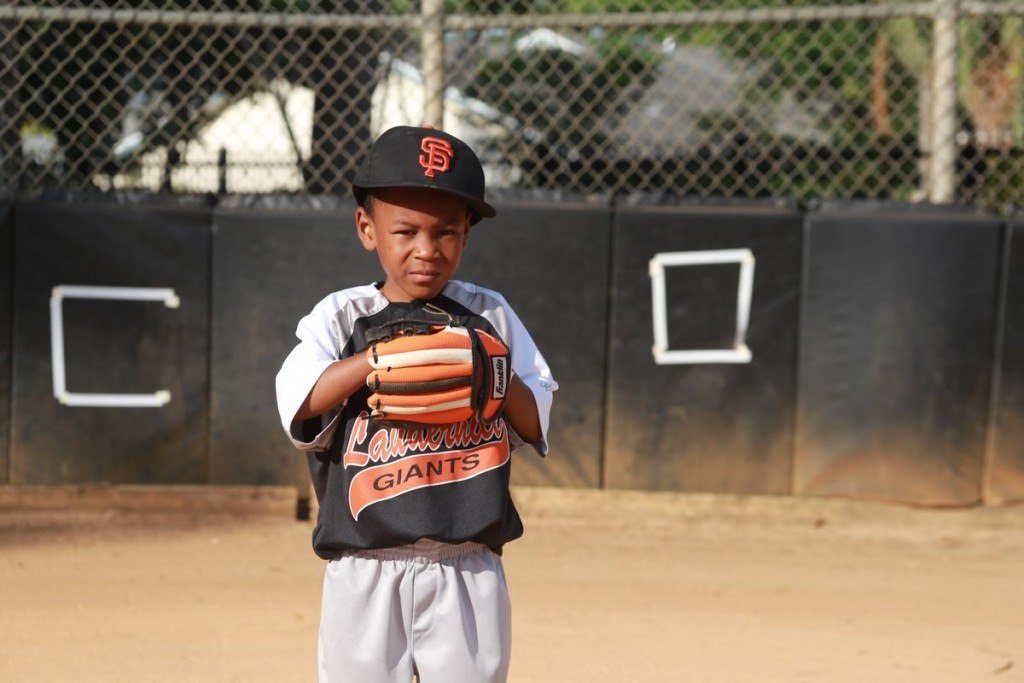
“Since campus recreational sports appear to help develop lifelong skills that offset stressful events, educational institutions should consider including campus recreational sports as a strategy to enhance student mental health and well-being.”
Theodore Roosevelt was a leading proponent of campus sports. Born a sickly child with asthma, his father told him he would have to build himself a body since God had given him a weak one.
YOU MAY ALSO LIKE: High Schooler Self-Publishes Fantasy Novel Over Lockdowns as Break From Video Games-Gets Orders Worldwide
Roosevelt became an accomplished collegiate boxer and wrestler, activities he continued to partake in routinely even after entering the White House. He praised the development of sports in university, and “was delighted” to hear his children had taken it up.
“I always believe in going hard at everything, whether it is Latin or mathematics, boxing or football,” the president wrote in a letter to his son.
SHARE This Great Reason To Get Your Kids Into Sport…



